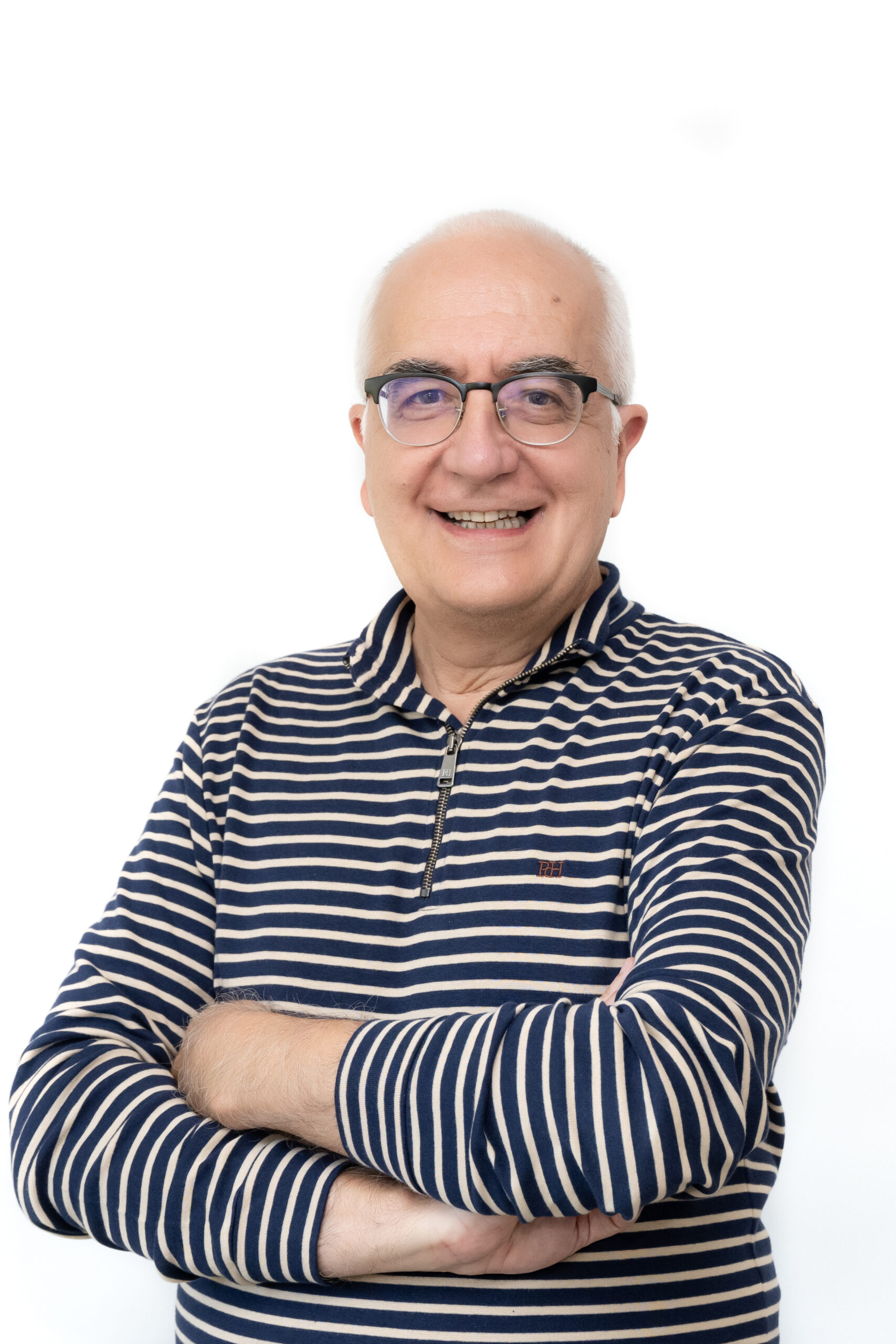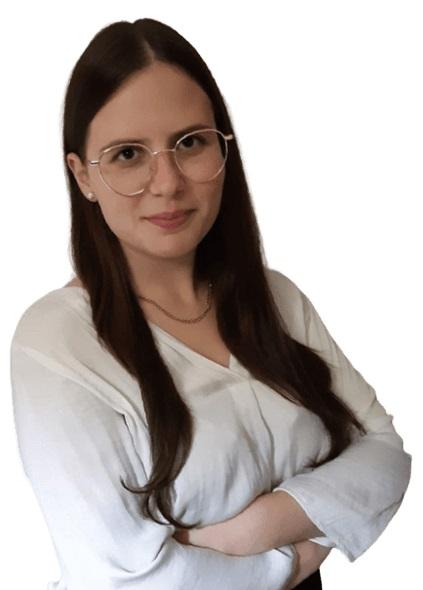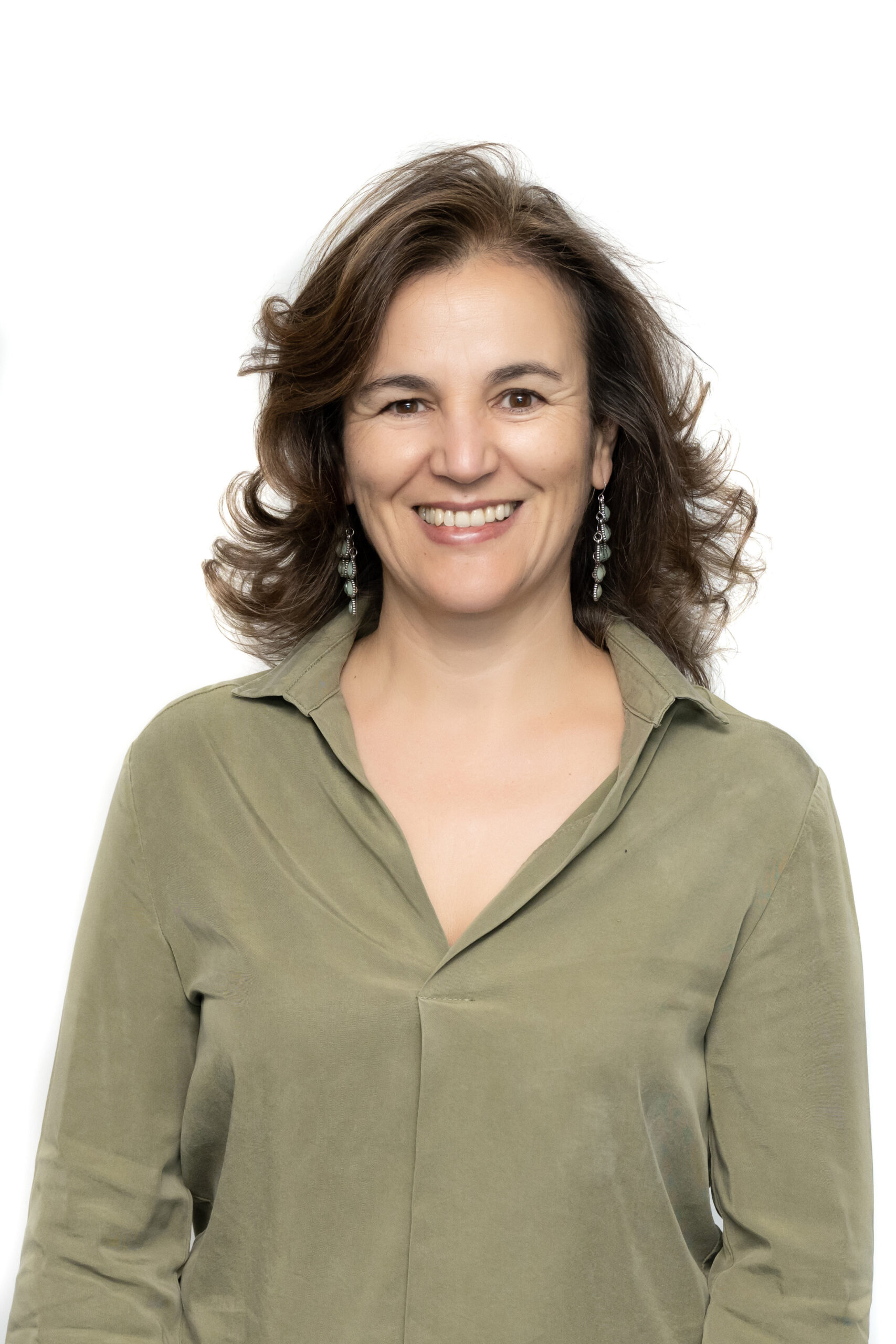ForestFM is a project aiming to involve young people in the promotion of attitudes and behaviours favourable to fire prevention and fostering their collaborative side. With this aim, a participatory radio program will be produced and evaluated its effectiveness in supporting the preparedness of communities in regions affected by wildfires caused by extreme events.
The catastrophic dimension of the 2017 wildfires in our country, motivated us to reflect on the importance of fire risk communication to promote the preparedness of communities and reduce damages. Due to diverse and interdependent factors, the problem of fires in Portugal is structural and tends to be aggravated by the consequences of climate change that create conditions for a higher frequency of extreme fires. Considering that the level of preparedness of the Portuguese population to prevent and react to fires is low and that most fires are of human origin, developing scientific knowledge and interactive risk communication actions is crucial.
The mobilization of young people in fire prevention is identified as an area of intervention in the National Plan for Integrated Management of Rural Fires. ForestFM adopts an innovative and intergenerational approach highlighting 4 vectors: a) the importance of young people as “ambassadors” of new attitudes – young people (15-18 years old) assume in this project a central role in the collection of experiences related to fires and in the preparation of a risk communication program combining local with scientific knowledge; b) the importance of understanding the perception of communities about wildfires and developing appropriate communication strategies to involve them in minimizing the associated problems; c) the centrality of a bottom-up approach in the collection of experiences with fires in order to identify the skills and resources of the local populations that can be used in the establishment of collaborative strategies; d) the importance of translating knowledge about fire preparedness into attitudes and effective actions, enhancing the interconnectedness between the appropriation of scientific knowledge by the populations and its association with the knowledge derived from the experiences in the field.
Radio has advantages over other media since it is accessible to the consumer (it is easily available and inexpensive) and is a well-known media that facilitate intergenerational communication. Therefore, it has proved to be adequate in processes of social change in communities and in scenarios like wildfires that cut off other communication infrastructures.
It is also useful in the recovery phase to disseminate information and contribute for social mobilization.
The project will run for 3 years and involve high schools in the central region of Portugal, with the collaboration of Rádio Jornal, do Centro and other stakeholders, such as civil protection, firefighters and other organizations. In the first phase, a mapping of community attitudes and knowledge about wildfires will be carried out. This characterization will result from three tasks: a survey of secondary school students in the Central Region about their attitudes and knowledge about wildfires; interviews with local stakeholders; content analysis on media news coverage about wildfires.
The second phase of the project involves the production and broadcasting of the collaborative radio program. The production involves several sub-tasks such as: a) organization of training sessions in schools about the use of radio journalism and community radio for intergenerational communication and to change attitudes and behaviours; b) students’ collection of local stories about the experiences of the population facing fires; c) students’ production and emission of a community radio program, with the support of their teachers and the project team. The aim is to strengthen communities’ resilience, as well as their sense of belonging and social and personal responsibility in the protection of natural heritage and in the prevention of fires.
In the third phase of the project, the experience will be disseminated through the production of analysis and scientific articles and of educational manuals on participatory radio and community engagement in prevention, as well as through the organization of conferences and events to disseminate the results.
The research will be conducted by a multidisciplinary team led by Instituto de Saúde Pública da Universidade do Porto, which has extensive experience in the coordination of projects about Science Communication and education in formal and informal contexts. The complementarity of different areas of expertise in the team will allow avoiding any gaps that may arise with sectoral approaches, when incapable of understanding and predicting the complexity of the dynamics surrounding “fires”. The inclusion in the consortium of a relevant local radio and the involvement of local schools also increase the potential public impact of this project.




